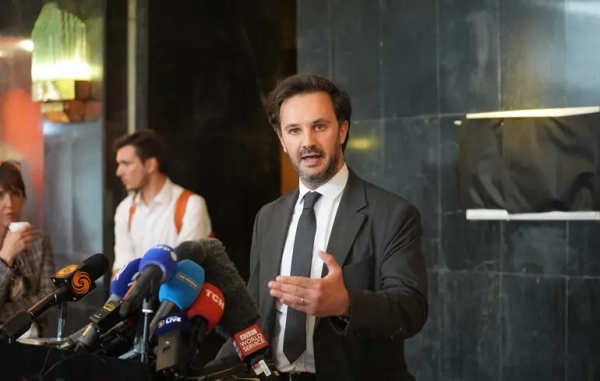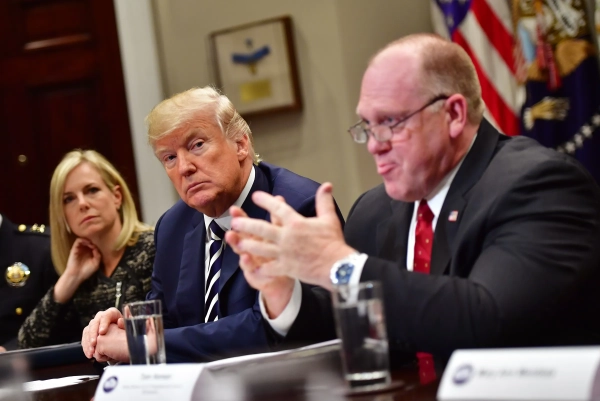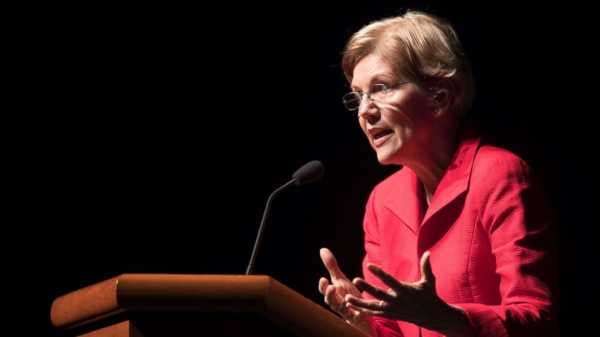
“I get why some people think there’s hay to be made here. You won’t find my family members on any rolls, and I’m not enrolled in a tribe,
And I want to make something clear. I respect that distinction. I understand that tribal membership is determined by tribes — and only by tribes. I never used my family tree to get a break or get ahead. I never used it to advance my career,” Warren said.
The stories she grew up with are real, Warren said, which is what she has regularly said on the matter. There is no known documentation of Warren’s Native American ancestry (though somewhere in the 2012 back-and-forth a genealogist estimated Warren was 1/32 Cherokee), but the senator has steadfastly argued that she was raised on stories of Native American family members and this is what she knows to be her family’s heritage.
One such story is the beginning of her parents’ marriage back in Oklahoma, where she was raised. Her mother was “a beauty,” Warren said, and her father “fell head over heels in love with her.”
“But my mother’s family was part Native American. And my daddy’s parents were bitterly opposed to their relationship. So, in 1932, when Mother was 19 and Daddy had just turned 20, they eloped,” she said.
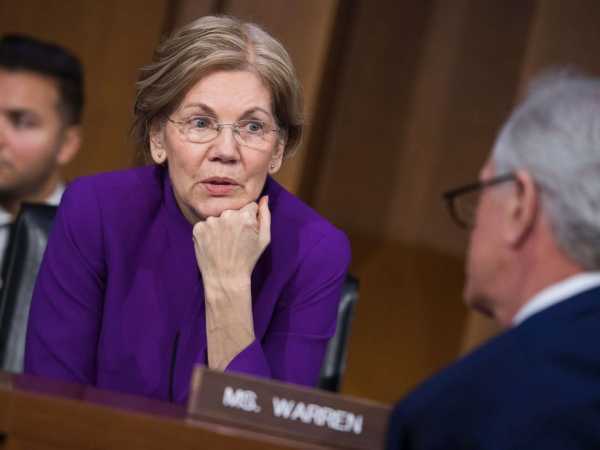
Tom Williams/CQ Roll Call/NewscomSen. Elizabeth Warren talks with Sen. Bob Corker during a Senate Armed Services Committee hearing on nominations in the Hart Building, Feb. 8, 2018, in Washington.
Warren has been adamant about the pride she feels to be Native American — though the topic has dogged her politically. At the event, a days-long policy summit in Washington, D.C., attended by a wide range of tribal leaders, Warren described her dedication to fight against the “country’s disrespect of Native people.”
“For far too long, your story has been pushed aside, to be trotted out only in cartoons and commercials,” she said.
Warren used President Donald Trump’s nickname for her, Pocahontas, as an example of the disrespect.
“So I’m here today to make a promise: Every time someone brings up my family’s story, I’m going to use it to lift up the story of your families and your communities.”
The president has repeatedly called Warren “Pocahontas” in campaign speeches, tweets and once when honoring Navajo WWII veterans.
“She said she’s Native American. And I said Pocahontas, it’s Pocahontas. And somebody said to me, one of the media, Mr. Trump, would you apologize? I said yes I’ll apologize, to Pocahontas I will apologize, because Pocahontas is insulted by the statement,” Trump said on the campaign trail in June of 2016.
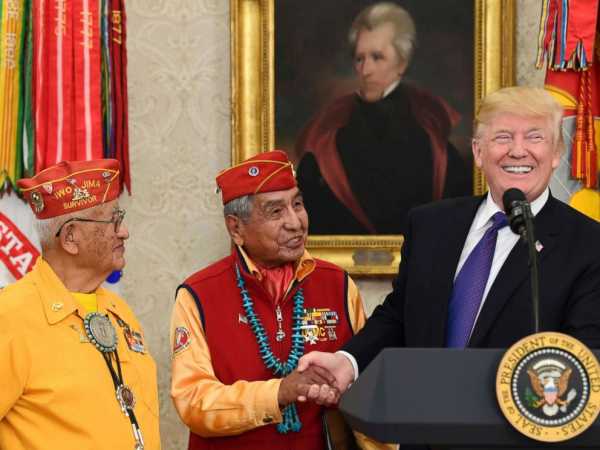
Susan Walsh/APPresident Donald Trump, right, meets with Navajo Code Talkers Peter MacDonald, center, and Thomas Begay, left, in the Oval Office of the White House in Washington, Nov. 27, 2017.
The questions began, however, four years earlier. At the time, the Republican incumbent senator of Massachusetts, Scott Brown, was up against Warren for the senate seat. He brought up Warren’s undocumented claim of Native American heritage in a debate and asserted that she’d been using it to get ahead in jobs.
The main evidence of Warren’s use of her heritage was to list herself as a minority in a legal directory in the 1980s and 90s. She was later described as the only minority female faculty member at Harvard Law School in a 1996 survey report on diversity.
Warren has repeatedly denied that she ever used it to advance her career. “All I can say is, I busted my tail as a teacher. I am qualified for my job,” she said in 2012.
On her family, Warren said, “They’re gone, but the love they shared, the struggles they endured, the family they built, and the story they lived will always be a part of me. And no one — not even the president of the United States — will ever take that part of me away.”
Sourse: abcnews.go.com
